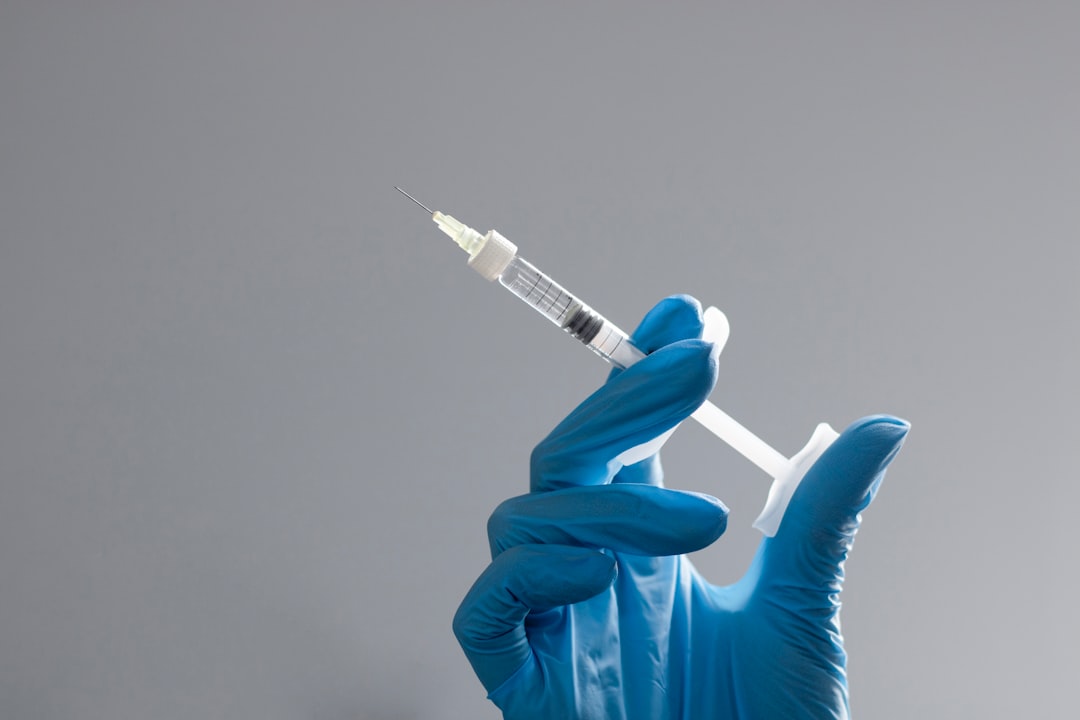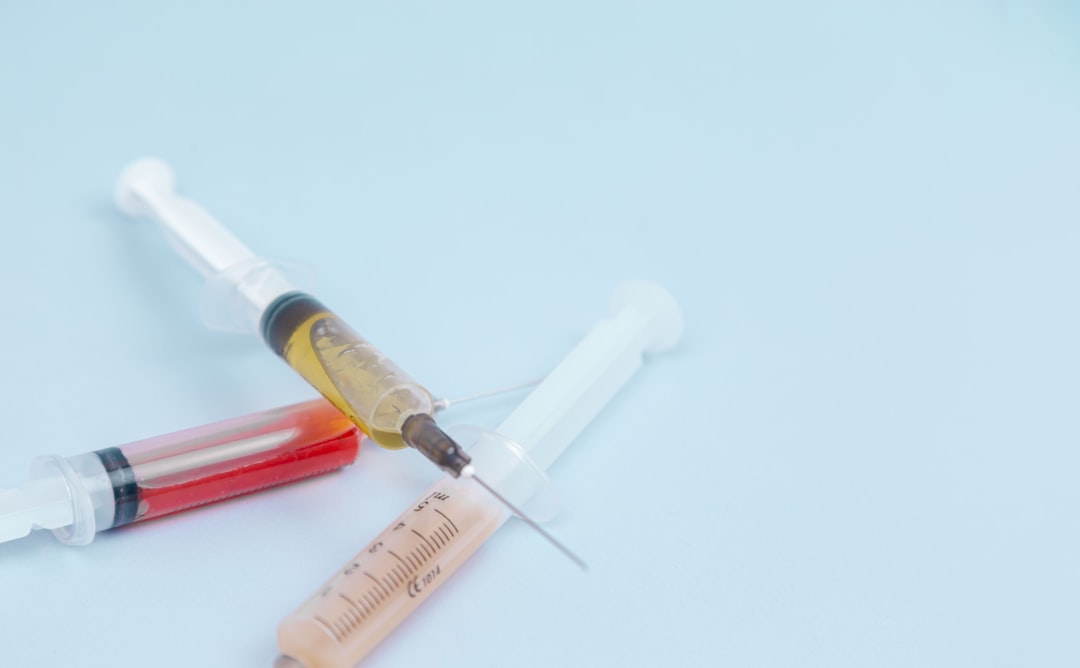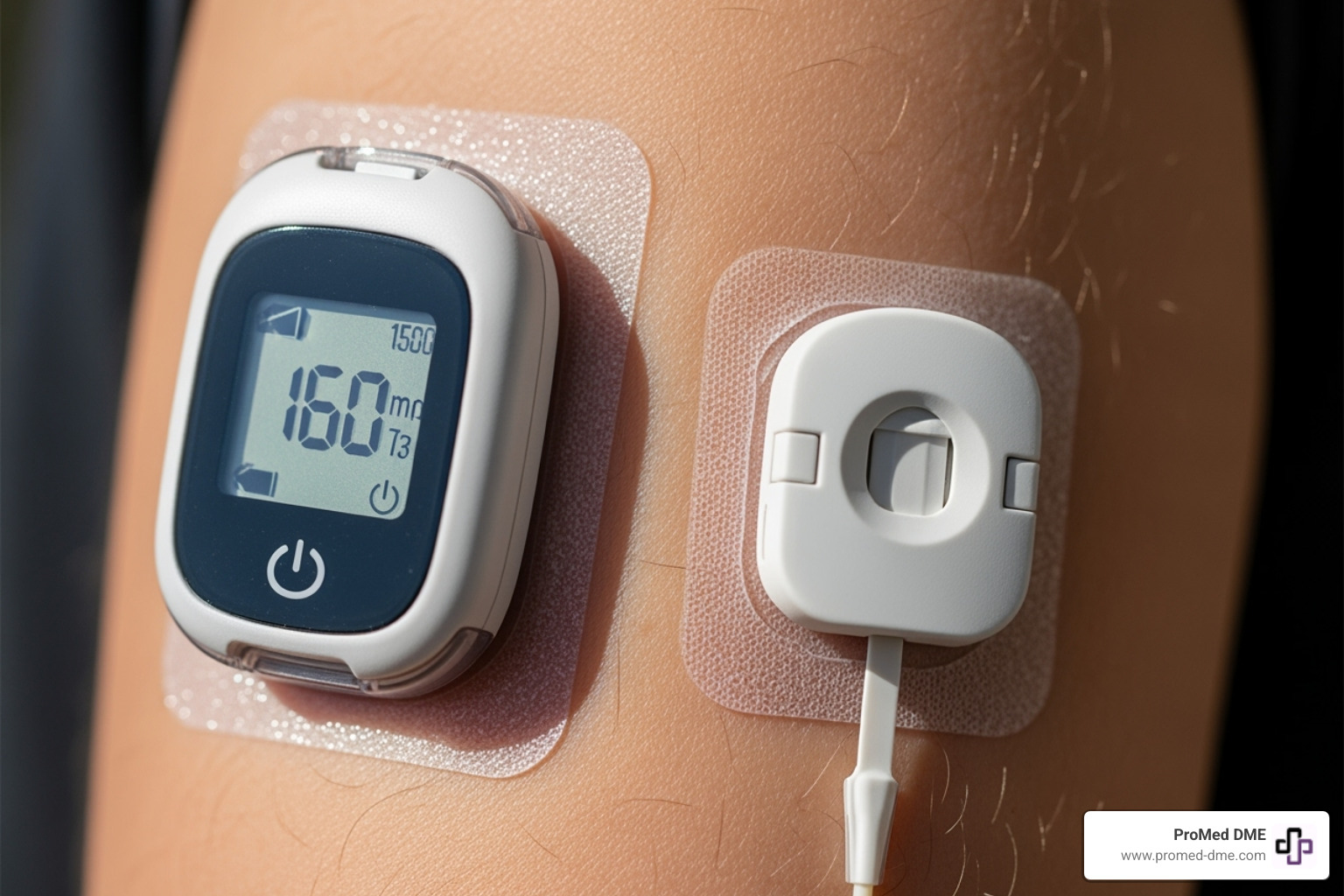Understanding Hypoglycemia: Blood Sugar Levels Explained

Have you ever felt a sudden wave of shakiness, a rapid heart rate or unexpected mood swings? Could it be due to skipping meals or not having enough rest? Or possibly, are these signs of something more serious? If this sounds familiar, you may be dealing with hypoglycemia, a condition characterized by low blood sugar levels. Although often linked with diabetes, hypoglycemia can occur even in individuals without the condition, and understanding hypoglycemia blood sugar levels is critical in ensuring it's effectively managed.
Hypoglycemia is a serious health issue where blood sugar or glucose, the body's main energy source, falls too low. While normal blood sugar levels generally range from 70 to 99 milligrams per deciliter (mg/dL) or 3.9 to 5.5 millimoles per liter (mmol/L), readings below 70 mg/dL or 3.9 mmol/L typically signal hypoglycemia. But what does hypoglycemia mean for you? And how can you ensure your glucose levels stay out of the danger zone?
As a trusted provider in healthcare solutions, we, at ProMed DME, understand these concerns. It's why we've compiled this guide to help you navigate the complexities of hypoglycemia, its causes, and how to effectively recognize and manage it.
Let's quickly break down the essential information you need to know about hypoglycemia:
Hypoglycemia 101: Quick Facts - Blood sugar considered low/ Hypoglycemic: Below 70 mg/dL (3.9 mmol/L) - Main causes: Overdose of insulin, inadequate carbohydrate intake, certain medications, and some medical conditions - Main symptoms: Dizziness, mood swings, confusion, and in severe cases, seizures or unconsciousness - Key for management: Rapid intervention with high-sugar food or drink or medication and regular monitoring

There's plenty more to unpack about understanding and managing hypoglycemia. Stay tuned as we dive deeper into this topic, helping you to navigate through this crucial health concern effectively.
Understanding Blood Sugar Levels
Understanding hypoglycemia blood sugar levels begins with understanding normal blood sugar levels, as this sets the baseline for identifying when levels are too low.
Normal Blood Sugar Levels
On average, a healthy person without diabetes should have blood sugar levels between 4 to 6 mmol/L or 72 to 108 mg/dL. These levels indicate that the body is effectively processing glucose from food, transforming it into energy, and maintaining a healthy balance.
However, blood sugar levels can naturally fluctuate throughout the day. Factors such as meals, physical activity, and stress can all impact these levels.
Hypoglycemia Blood Sugar Levels
Hypoglycemia occurs when blood sugar levels drop below 70 mg/dL. This lack of glucose can cause a range of symptoms, such as dizziness, shaking, and confusion. It's important to recognize these symptoms and take immediate action.
If you have diabetes, it's common to experience hypoglycemia, especially if your insulin dose is not well-adjusted. However, hypoglycemia can also happen to people without diabetes due to factors like not eating enough, excessive alcohol consumption, or certain medications.
Hypoglycemia can be particularly dangerous for people who experience hypoglycemia unawareness, a situation where they don't feel or notice the symptoms. In such cases, regular blood sugar monitoring is vital to ensure timely intervention.
Dangerous Levels of Low Blood Sugar
Blood sugar levels below 54 mg/dL are classified as severe hypoglycemia. This condition can lead to serious symptoms, including difficulty walking or seeing clearly, confusion, seizures, and even passing out. Severe hypoglycemia requires immediate treatment and often the help of another person.
Regular blood glucose monitoring is a crucial tool for managing and preventing hypoglycemia. It allows you to identify when your blood sugar is too low and take the necessary steps to raise it.
In the next sections, we'll delve deeper into the causes and symptoms of hypoglycemia, as well as effective strategies for management and prevention. Understanding hypoglycemia blood sugar levels is a key aspect of managing your health, whether you have diabetes or not.
Causes of Hypoglycemia
Understanding the causes of hypoglycemia is the first step in being able to effectively manage your blood sugar levels.
Hypoglycemia in Diabetic Patients
In individuals with diabetes, the most common cause of hypoglycemia is an imbalance between insulin, food intake, and physical activity. This means that hypoglycemia can occur if you take too much insulin or other diabetes medication, don't eat enough, skip or delay a meal or snack, or increase your exercise or physical activity without adjusting your food intake or medication accordingly.
Certain risk factors can also increase the likelihood of experiencing hypoglycemia in diabetic patients. These include people using insulin, individuals taking certain diabetes drugs like sulfonylureas (e.g., glipizide, glimepiride, glyburide), people with impaired liver or kidney function, those who've had diabetes for a long time, and people who don't feel low blood sugar symptoms, also known as hypoglycemia unawareness.
Hypoglycemia without Diabetes
While hypoglycemia is more commonly associated with diabetes, it can occur in individuals without this condition. Two types of non-diabetic hypoglycemia are reactive hypoglycemia and fasting hypoglycemia.
Reactive hypoglycemia is a rare form of the condition, which often occurs approximately 2–4 hours after a meal when blood sugar levels are below 70 milligrams/deciliter. Symptoms usually subside quickly after eating or drinking carbohydrates.
Fasting hypoglycemia, on the other hand, needs immediate treatment and often occurs when a fasting blood sugar of 70 milligrams per deciliter (mg/dL), or 3.9 millimoles per liter (mmol/L), or below is detected.
Reactive Hypoglycemia
As mentioned above, reactive hypoglycemia is a condition in which blood sugar levels drop after eating. This is usually a result of the body's overproduction of insulin in response to food intake. It's most common in people who have had stomach surgery, but it can also occur in those who haven't. If you experience symptoms of hypoglycemia such as shakiness, sweating, or confusion a few hours after a meal, you may have reactive hypoglycemia.
Understanding the causes of hypoglycemia is the first step in managing your blood sugar levels effectively. Regular blood sugar monitoring using reliable devices like the Dexcom G6 and G7 can provide real-time updates on your glucose levels, helping you prevent hypo and hyperglycemia. We at ProMed DME are here to support you in effectively managing your hypoglycemia blood sugar levels and maintaining a healthy life.
Symptoms of Hypoglycemia
After understanding the causes and identifying the hypoglycemia blood sugar levels, it's crucial to recognize the symptoms associated with low blood sugar. Recognizing these symptoms early can help manage hypoglycemia before it becomes severe.
Common Symptoms of Low Blood Sugar
Hypoglycemia manifests in a variety of symptoms that can come on quickly and vary from person to person. These symptoms often serve as warnings that your blood sugar is falling and action needs to be taken.
Common symptoms include physical anomalies such as shakiness, sweating, and a fast heartbeat. You might also experience feelings of anxiety, irritability, and fatigue. Cognitive problems like confusion and difficulty concentrating are also common indicators of low blood sugar.
In severe cases, you may experience loss of coordination, blurry vision, and nightmares. The most dangerous symptoms include unresponsiveness or even seizures.
Hypoglycemia Unawareness
Some people with diabetes don't notice or have symptoms during low blood sugar episodes. This is known as hypoglycemia unawareness. This condition is more likely in those with diabetes who live with chronically low blood sugar levels, causing their body to stop signaling when sugar levels are low.
If you have hypoglycemia unawareness, it's crucial to let your friends and family know so they can assist you during a severe low blood sugar episode. Regular blood sugar monitoring and maintaining a balance in diet, exercise, and medication can also help manage this condition effectively.
Nighttime Low Blood Sugar
Hypoglycemia can also occur while you're sleeping, known as nocturnal hypoglycemia. Symptoms of low blood sugar during sleep can include crying out or having nightmares, sweating enough to make your pajamas or sheets damp, and feeling tired, irritable, or confused upon waking up.
Nocturnal hypoglycemia can interfere with your sleep, affecting your mood, ability to work, and overall quality of life. Regular monitoring of your blood sugar levels before bed and throughout the night using a continuous glucose monitor, like the ones we provide at ProMed DME, can help prevent these episodes.
Hypoglycemia is not just about managing your blood sugar levels but also about recognizing symptoms early and responding effectively. Regular monitoring and understanding your body's signals are key to managing your hypoglycemia blood sugar levels and maintaining a healthy lifestyle.
Treatment and Management of Hypoglycemia
Learning to manage hypoglycemia involves understanding how to treat low blood sugar effectively, the use of glucagon in severe cases, and the significance of regular blood sugar monitoring. At ProMed DME, we advocate for proactive hypoglycemia management, and we are here to support you every step of the way.
The 15-15 Rule for Treating Low Blood Sugar
When your blood sugar drops, the first line of defense is the "15-15 Rule". This involves consuming 15 grams of quick-acting carbohydrates, like glucose tablets or juice, then waiting for 15 minutes to recheck your blood sugar levels. If it is still below 70 mg/dL, you should consume another serving of carbohydrate and repeat the process until your blood sugar is back to a safe level.
It's essential not to overeat during this period, as it can cause your blood sugar to skyrocket. Instead, following this step-by-step approach can help you regulate your blood sugar levels more effectively.
Use of Glucagon in Severe Hypoglycemia
For severe hypoglycemia, where a person may be unconscious or unable to consume carbohydrates, glucagon is a lifesaver. This hormone prompts your liver to release stored glucose into your bloodstream when your blood glucose levels are too low. It is generally given through an injection or nasal spray.
At ProMed DME, we recommend that your close contacts, such as family members and coworkers, learn how to administer glucagon in case of a severe hypoglycemic event. It's crucial to remember to seek immediate medical attention if someone is unconscious and glucagon is not available or if someone is unsure how to administer it.
Importance of Regular Blood Sugar Monitoring
Regular blood sugar monitoring is a key strategy for preventing hypoglycemia. Depending on your treatment plan, you might need to check and record your blood sugar level several times a day. This careful monitoring is the only way to ensure that your blood sugar level remains within your target range.
Devices like Continuous Glucose Monitors (CGM) can play a crucial role in this process. CGMs, like the Dexcom G6 and Dexcom G7 we offer at ProMed DME, provide real-time blood glucose readings, allowing you to act promptly in case of hypo or hyperglycemia.
Living with hypoglycemia doesn't have to be a struggle. With a careful approach to treatment, regular monitoring, and the right management tools, you can maintain healthy hypoglycemia blood sugar levels and lead an active, fulfilling life. At ProMed DME, we understand the challenges and are here to support you on this journey.
Preventing Hypoglycemia
In the fight against hypoglycemia, prevention is key. By taking a proactive approach towards your diet, exercise routine, and monitoring tools, you can significantly decrease the risk of experiencing hypoglycemic episodes. In this section, we'll dive into each of these aspects and provide practical tips to help you maintain stable hypoglycemia blood sugar levels.
Dietary Considerations to Prevent Low Blood Sugar
For those with diabetes, careful dietary planning is an indispensable part of managing hypoglycemia. Here are a few key strategies:
-
Don't skip or delay meals. If you take insulin or other diabetes medications, consistency in meal timing and portion sizes is crucial. Skipping or delaying meals can lead to a drop in blood sugar levels.
-
Consume enough food. After taking your diabetes medication, eating less than usual can also cause a decrease in blood sugar. Maintaining a balanced diet is essential in preventing hypoglycemia.
-
Be mindful of alcohol. Drinking alcohol, especially on an empty stomach, can cause a drop in blood sugar levels, resulting in hypoglycemia. If you choose to drink, make sure to do so with a meal or snack.
Exercise and Hypoglycemia
Physical activity plays an important role in managing diabetes and preventing hypoglycemia. However, strike a balance between your activity, insulin doses, and carbohydrate intake.
-
Monitor your blood sugar. Checking your blood sugar levels before and after exercise can help you avoid sudden drops.
-
Adjust your medication or diet. If you increase your physical activity, you may need to adjust your medication dosage or eat additional snacks. The adjustment depends on the blood sugar test results and the type and length of the activity.
Role of Continuous Glucose Monitors and Insulin Pumps
At ProMed DME, we believe in leveraging technology to simplify diabetes management. Modern devices like Continuous Glucose Monitors (CGMs) and insulin pumps can play a significant role in preventing hypoglycemic episodes.
CGMs, like the Dexcom G6 and G7, provide real-time updates on your blood glucose levels, allowing you to see if you're trending high or low. This immediate feedback helps you make informed decisions about food, exercise, and medication, leading to better overall diabetes management.
Insulin pumps, on the other hand, deliver insulin in a more precise and controlled manner than injections, reducing the risk of hypoglycemia.
By making mindful dietary choices, staying active, and leveraging modern monitoring tools, you can prevent hypoglycemia and maintain healthy blood sugar levels. We at ProMed DME are here to support you every step of the way. If you have any questions or need advice, don't hesitate to reach out to us.
Conclusion: Living with Hypoglycemia
Understanding and managing hypoglycemia blood sugar levels can seem daunting, but it's important to remember that hypoglycemia is a manageable condition. With the right precautions, treatment plans, and regular monitoring, people living with hypoglycemia can lead healthy, active lives.
One of the most beneficial steps in managing this condition is to become familiar with the symptoms of hypoglycemia. Recognizing symptoms such as fatigue, irritability, and dizziness can help you take fast action in preventing a severe hypoglycemic episode. Additionally, being aware of the potential causes of hypoglycemia, such as certain medications or not eating enough, can help you take proactive steps to maintain balanced blood sugar levels.
Additionally, taking advantage of innovations in medical technology can be a game changer in managing hypoglycemia. Continuous Glucose Monitors (CGM), like the Dexcom G6 or G7, offer real-time glucose readings and allow for immediate action in case of dropping blood sugar levels. This not only minimizes the risk of severe hypoglycemic episodes but also provides valuable information to adjust your treatment plan as needed.
Lastly, don't hesitate to seek help and advice. At ProMed DME, we understand the challenges of living with hypoglycemia and are committed to providing you with the tools and support you need. Whether you have questions about your condition, need help choosing the right CGM device, or are looking for resources on managing your blood sugar levels, we are here to help.
Living with hypoglycemia doesn't mean you have to compromise on your quality of life. With the right knowledge, tools, and support, you can manage this condition effectively and continue doing the things you love.
For more information, visit the resources section on our website or contact us directly. We are here to support you every step of the way.
Managing hypoglycemia isn't about perfection, it's about progress. Take one step at a time, you're not alone in this journey.
Related Resources & Articles
Stay informed with our informative blog posts.
Discover the ProMed Advantage
& Try Our Products
We offer free shipping and legendary customer service to ensure you receive the
best DME products for your needs.




